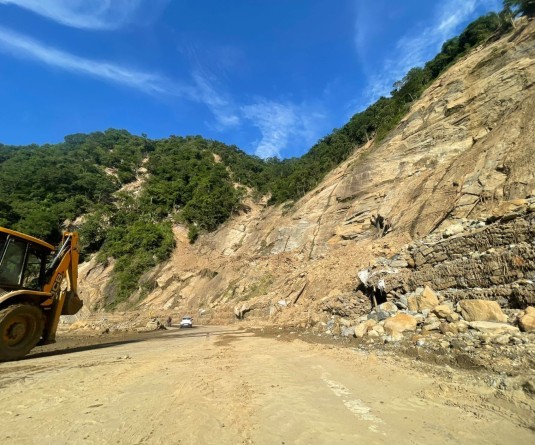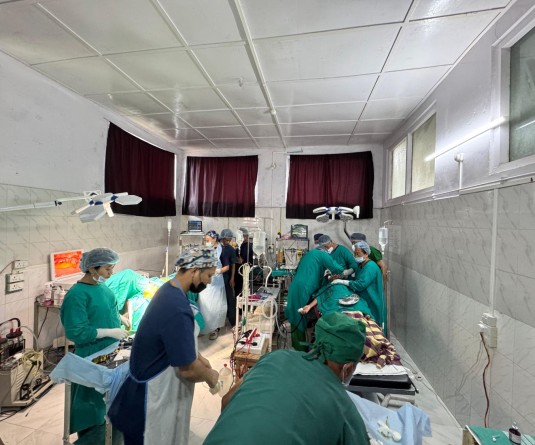1

Easterine Kire
A cousin of mine moved out of town about a year ago. She now lives in a semi-rural settlement some twenty kilometres from Kohima. She keeps three dogs, and an outlaw cat. A very broody hen greets you at the entrance to her kitchen. She grows her own vegetables and says that she would never go back to live in the city again. ‘The only items I buy are milk, tea, salt and sugar,’ says she. On the few days that she has had to make trips into Kohima, she came away confessing, ‘I can’t tolerate the cars, or the crowds.’
For those of us who haven’t tried it, it looks pretty close to ideal. It’s very bohemian, of course, and therein lies the utter charm of it. Who hasn’t wanted to take a few days off work sometime, and escape to a rural refuge, shutting the noise of the world behind us?
Cousin’s refuge is pretty permanent. I envy her. It helps that she has enough acres to grow peas, beans, chilli, tomatoes and aubergines besides avocado, kiwi and lai patta. ‘I had never had much success growing things,’ she admitted, ‘but here in this place, I just have to throw seeds into the soil, and they come up without any more effort on my part.’ She confessed she is rarely on social media nowadays and that she found looking after her new chickens far more interesting than how many gigabytes her latest phone could offer.
As if to reward her choice, cape gooseberries grow wild in corners of her garden, making her the envy of local neighbours who have tried to plant the elusive berry without much success. Roses bloom where they have not been planted and a non-native peepal tree offers shade when it gets too warm in the afternoons.
Going off the grid so completely is not possible for many. What about work, office, school? Those questions need answering. But it might be possible to have a getaway farm for weekends. I am sure even as I write this, that it is not a new idea at all.
I think of school students and the endless grind of classes and exams and heavy schoolbags, and homework at the end of a long day. Sad if that is all we have to offer them.
On one of those clips that swish by when you are scrolling, I read that soil has the peculiar quality of relaxing you when you work with it. The inflight magazine carried a lovely article on the greening of the city of Paris by Parisians turning empty spaces into vegetable and flower farming. The city is producing an impressive percentage of its vegetable needs already with this greening effort. The movement continues to receive support from the inhabitants of the city.
And us? We are much, much less urban than gay Paree. Way less. So how about school gardens? If, for lack of space, the thought of digging plots sounds undoable, what about recycling the black plastic bags in which flowerlings and plantlets are sold? They are simply discarded when the plant is potted, aren’t they? If class assignments could include a child growing a vegetable of his choice or a green plant, to be presented at the end of term and be awarded marks, wouldn’t it be a wonderful way for even the most chronic townies to get in touch with nature? To avoid cheating, the assigned teacher could visit the homes of pupils and make a monthly progress report on the plant. The teacher could be paid TA for this task. Just saying. But think of all the ways the students stand to benefit by the connection with plants, even if in a compulsory and academic way.
There is something magical about putting seeds in soil and watching them come up. There is something so rewarding about playing witness to the wonder that is plant growth, whether in a flower bed or in a pot. I miss the potatoes that I pushed into the bathtub which is now filled with loamy soil. In other words, any one with a will can plant. Let’s pass on that blessing.



.jpg)
.jpg)

